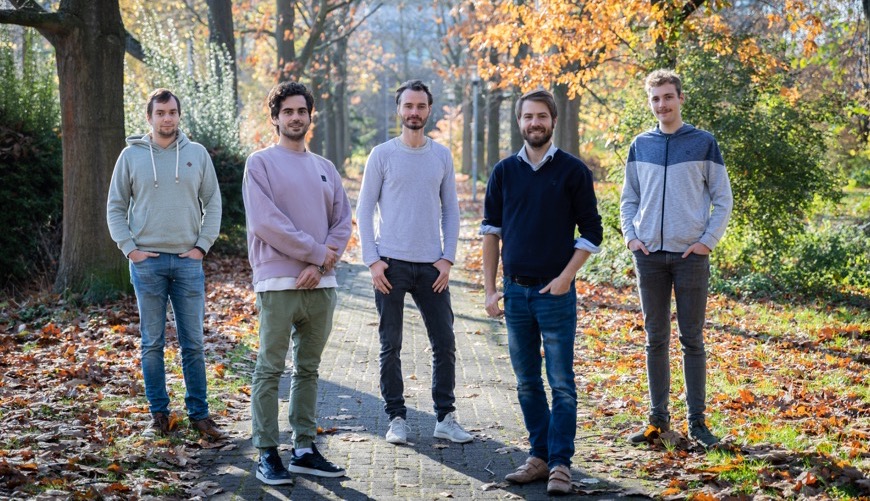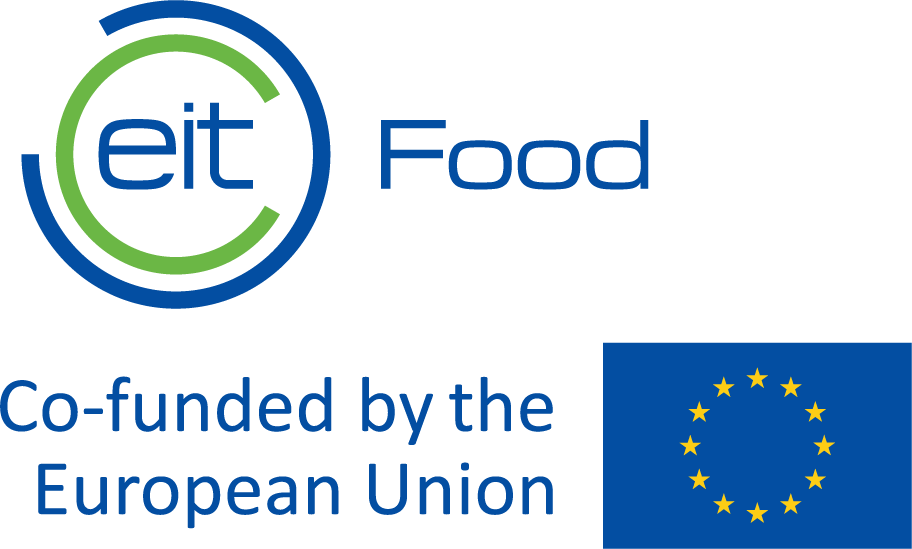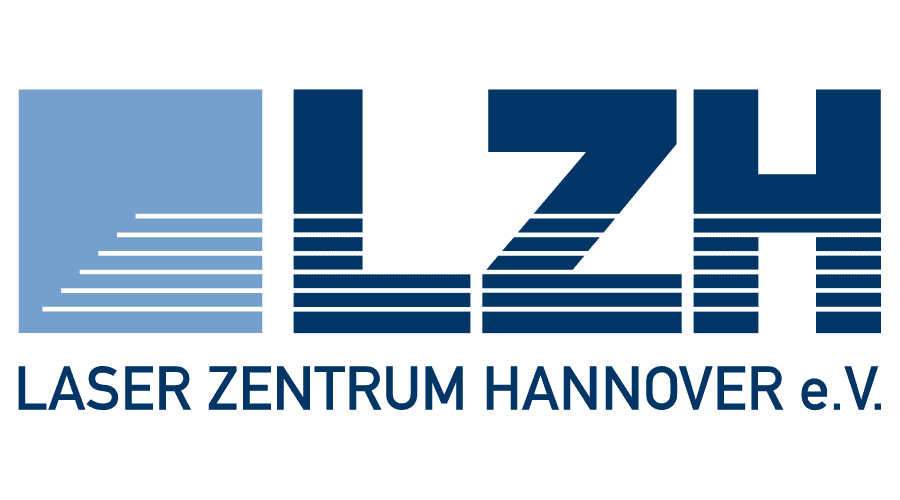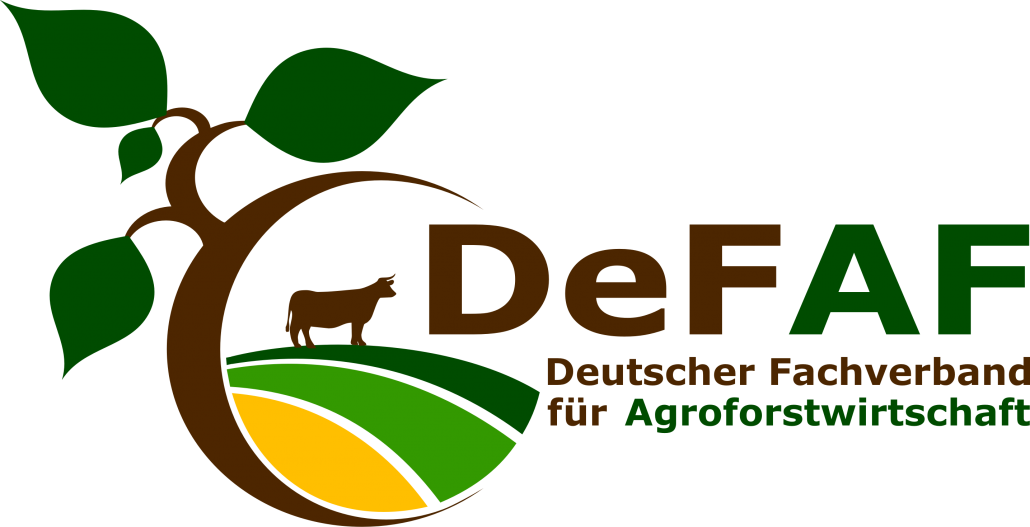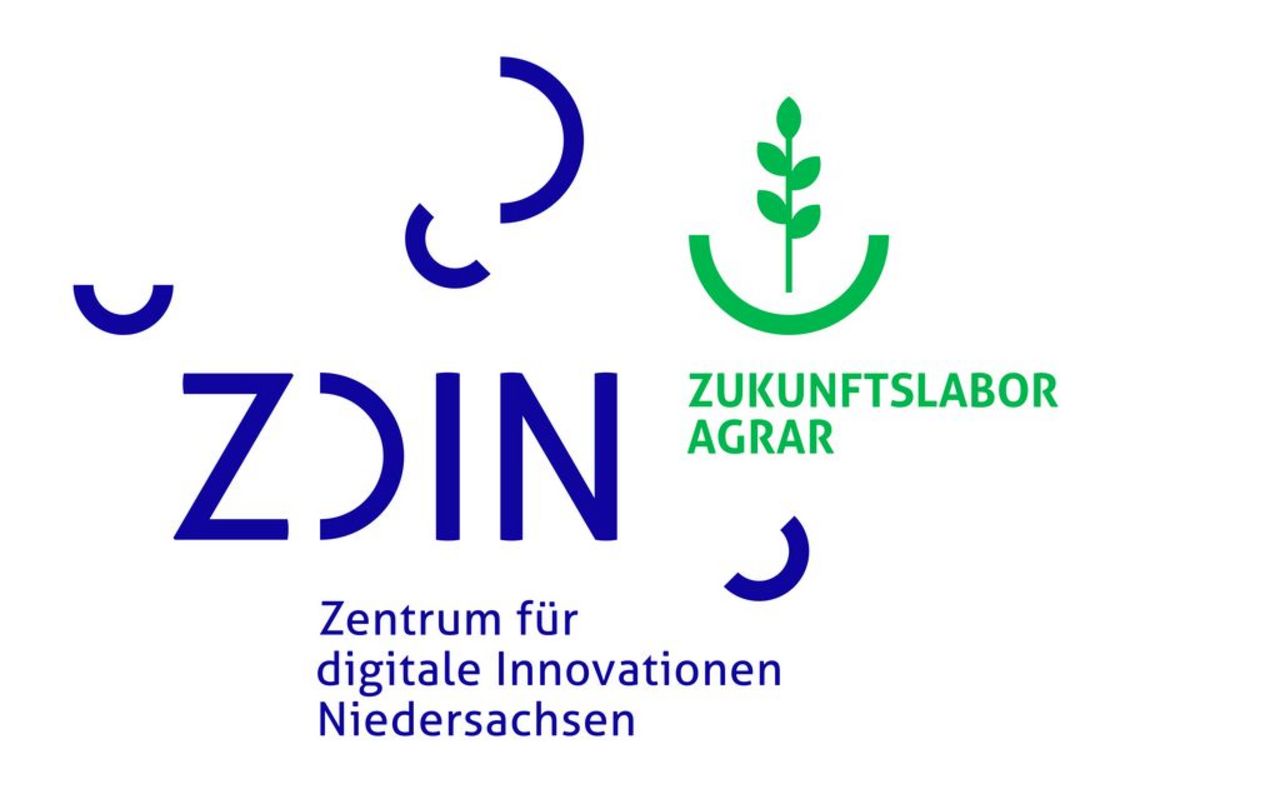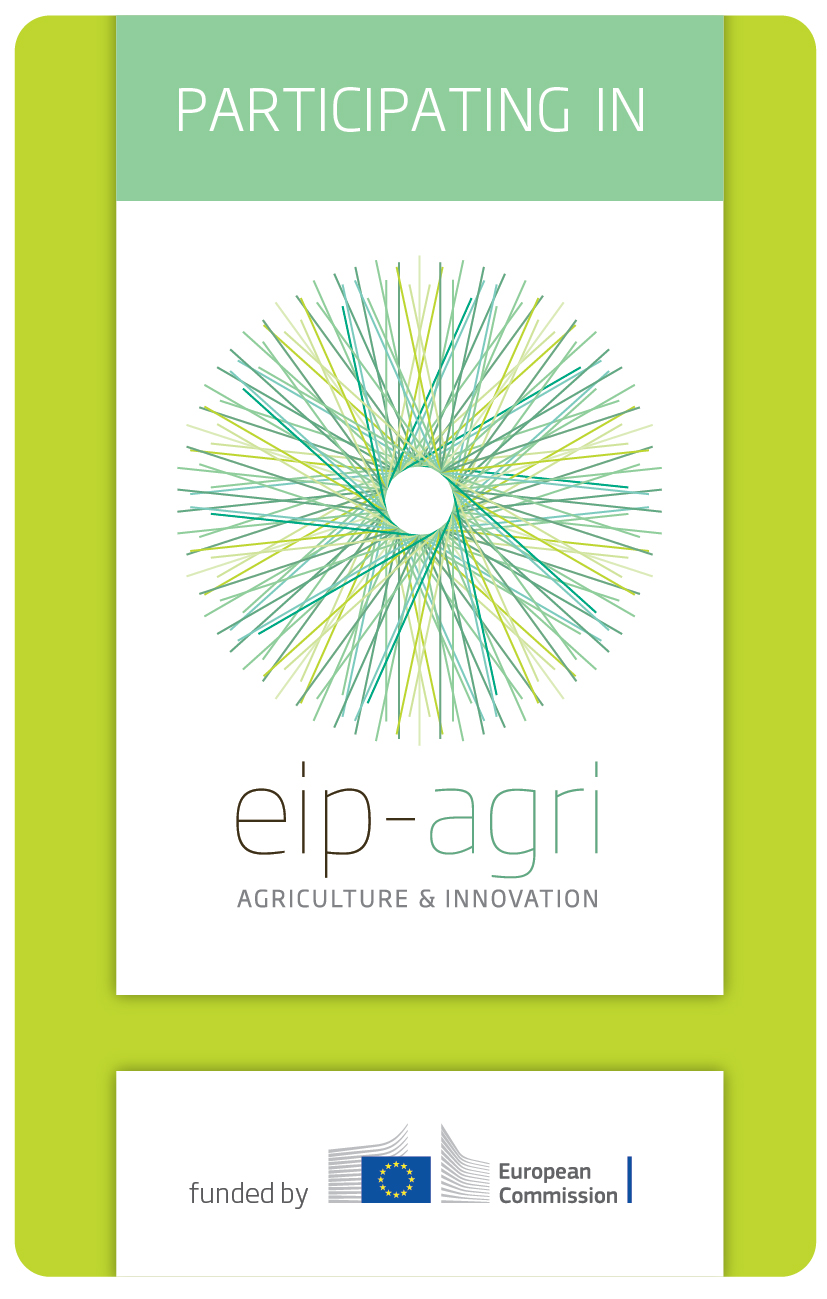EXIST Forschungstransfer Projektstart


PlantMap is a project of the Lower Saxony DFKI Laboratory at the Osnabrück site and comprises a start-up project within the EXIST research transfer. The Plan-based Robot Control research group, led by Prof. Dr. Joachim Hertzberg, is concerned with autonomous mobile robots that have only incomplete control and knowledge in their environment.
Applications of basic research in different domains range from the development of long-term autonomous robots to the integration of the corresponding robotics technology to support humans in current semi-automated processes. The most prominent application domain is agriculture: as a data- and knowledge-intensive, highly digitized field with uncertainty and dynamics, it enables AI technology to be put to good use. In the “Agrotech Valley” around Osnabrück, our research transfer is anchored in the existing ecosystem of innovative medium-sized agritech companies and research partners in the agricultural and food industry.
The EXIST Transfer of Research is a funding program of the German Federal Ministry for Economic Affairs and Energy and is co-financed by the European Social Fund (ESF) and supports both necessary development work to prove the technical feasibility of research-based start-up ideas and necessary preparations for the start of the company. The EXIST program is divided into two funding phases and generally extends over a funding period of three years.
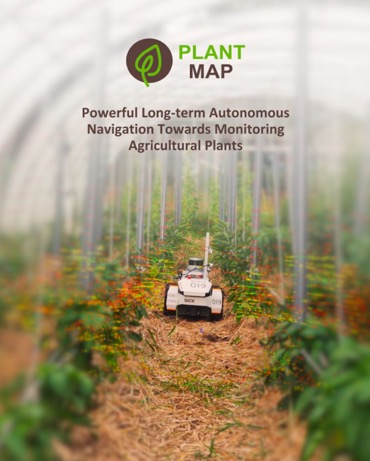
Through the PlantMap, the influence of environmental factors, gene activity, and phenotype can be measured and targeted. These plant parameters as well as training data can be derived from autonomously recorded data. Training data can be used not only to automatically detect plants, their developmental stages and determine plant diseases, but also as a basis to derive recommended actions for vegetable gardeners, plant breeders and farmers.
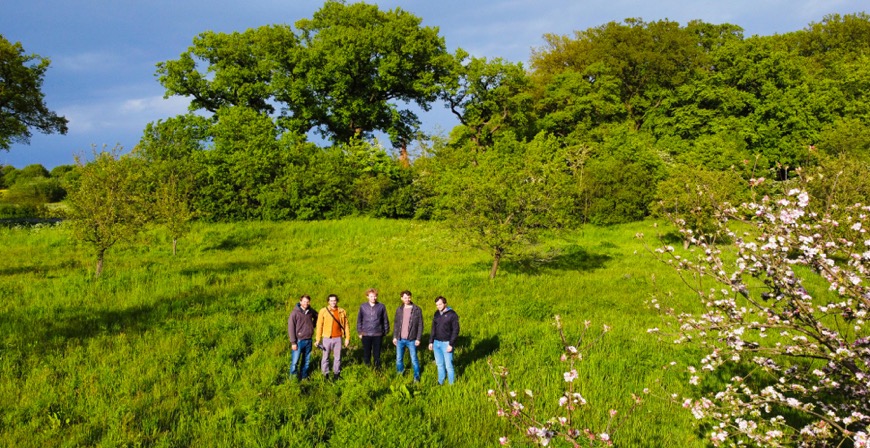
Funding source
The BMWK funding program EXIST Research Transfer is co-funded by the European Social Fund (ESF). The ESF is one of the European Structural and Investment Funds (further information).





